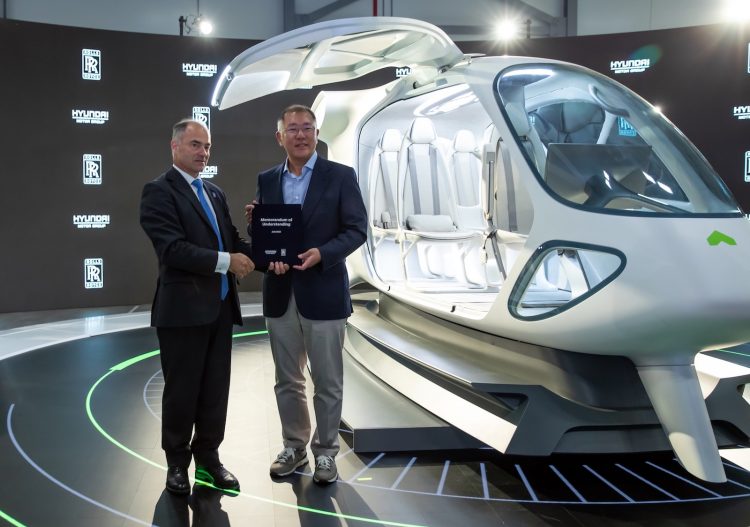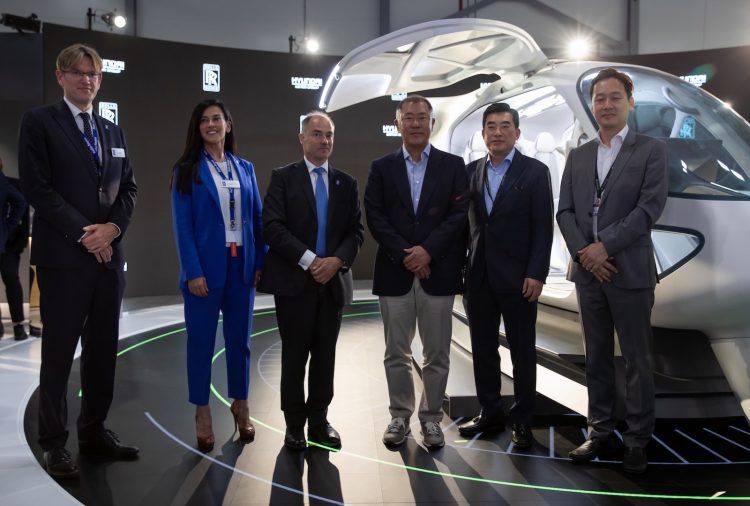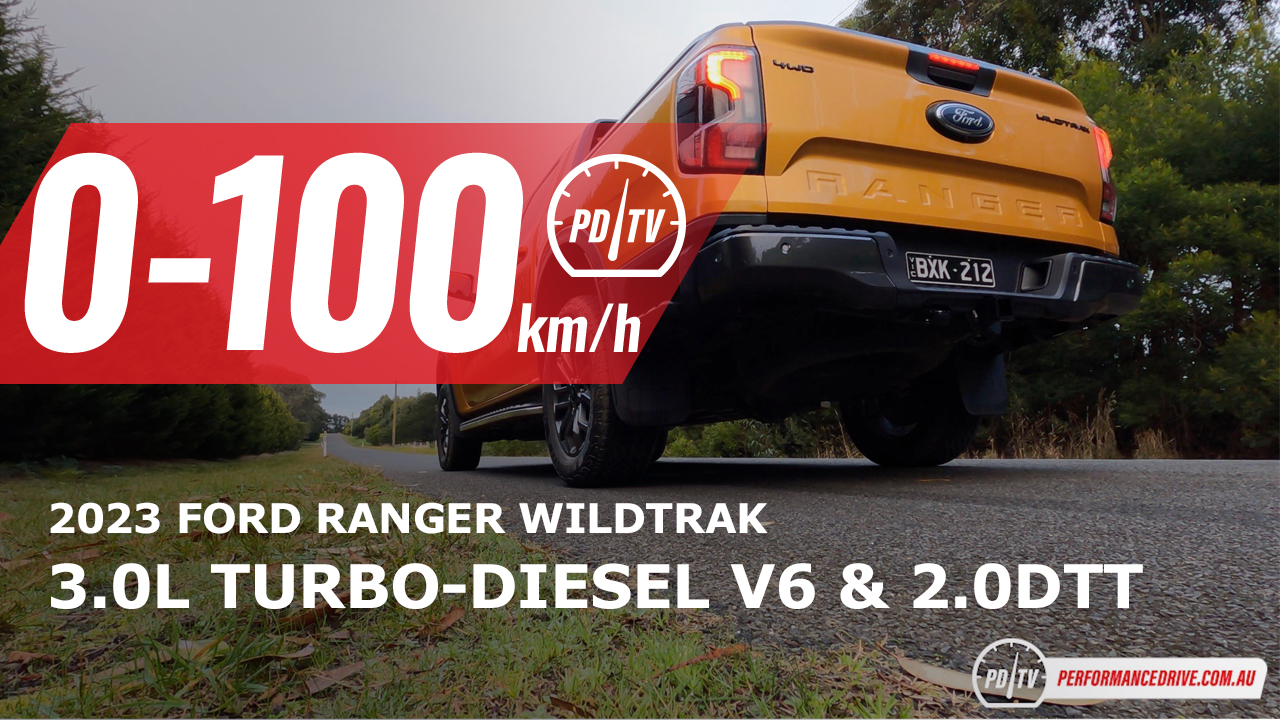Hyundai and Rolls-Royce have announced an unexpected collaboration that looks set to result in a live demonstration of a hydrogen fuel-cell aircraft as soon as 2025.
The companies have signed a Memorandum of Understanding (MOU) that is looking to the sky instead of the road in the future, with the two companies hoping to lead the way in the advanced air mobility market, and could one day trickle down into their respective road car divisions.
What exactly is the advanced air mobility market, you may ask? Well, think of it as the next generation of passenger planes and helicopters that look set to utilise battery-electric and even hydrogen fuel-cell technologies for propulsion.
The companies are optimistic enough to put a date on a live demonstration of a fuel-cell electric aircraft, which is slated for 2025.
Aside from the obvious environmental benefits of a zero-emissions propulsion system, hydrogen fuel-cells in the world of aviation could translate to near-silent power and extremely long-distance flights.
The MOU is aimed at leveraging Rolls-Royce’s experience within the aviation sector and its certification capabilities, with Hyundai’s research and development in the world of hydrogen fuel-cell technologies and its manufacturing hubs.
The MOU covers five key strategies, including the R&D and manufacturing of these new propulsion systems, the development of hydrogen fuel-cells as a primary source of energy for Hyundai’s RAM vehicle platforms, a live demonstration by 2025 and the release of a joint fuel-cell electric propulsion system for the AAM market.
Hyundai would act as a primary supplier of hydrogen fuel-cells for Rolls-Royce, as well as storage systems and infrastructure for the aviation sector.
Both Hyundai and Rolls-Royce would also benefit from a huge leap over their competitors in the realm of hydrogen fuel-cell passenger vehicles – a market segment that has been vastly overshadowed by their battery-electric rivals. Hyundai’s president, Jaiwon Shin, said:
“Hyundai has successfully delivered hydrogen fuel cell systems to the global automotive market and is now exploring the feasibility of electric and hydrogen propulsion technologies for aerospace integration. We believe this to be the key technology to support the global aviation industry’s goal to fly net zero carbon by 2050.”
President of Rolls-Royce Electrical, Rob Watson added: “We are delighted to partner with Hyundai Motor Group which provides a valuable opportunity to leverage and build on capability each company brings from the aerospace and automotive sectors.”


